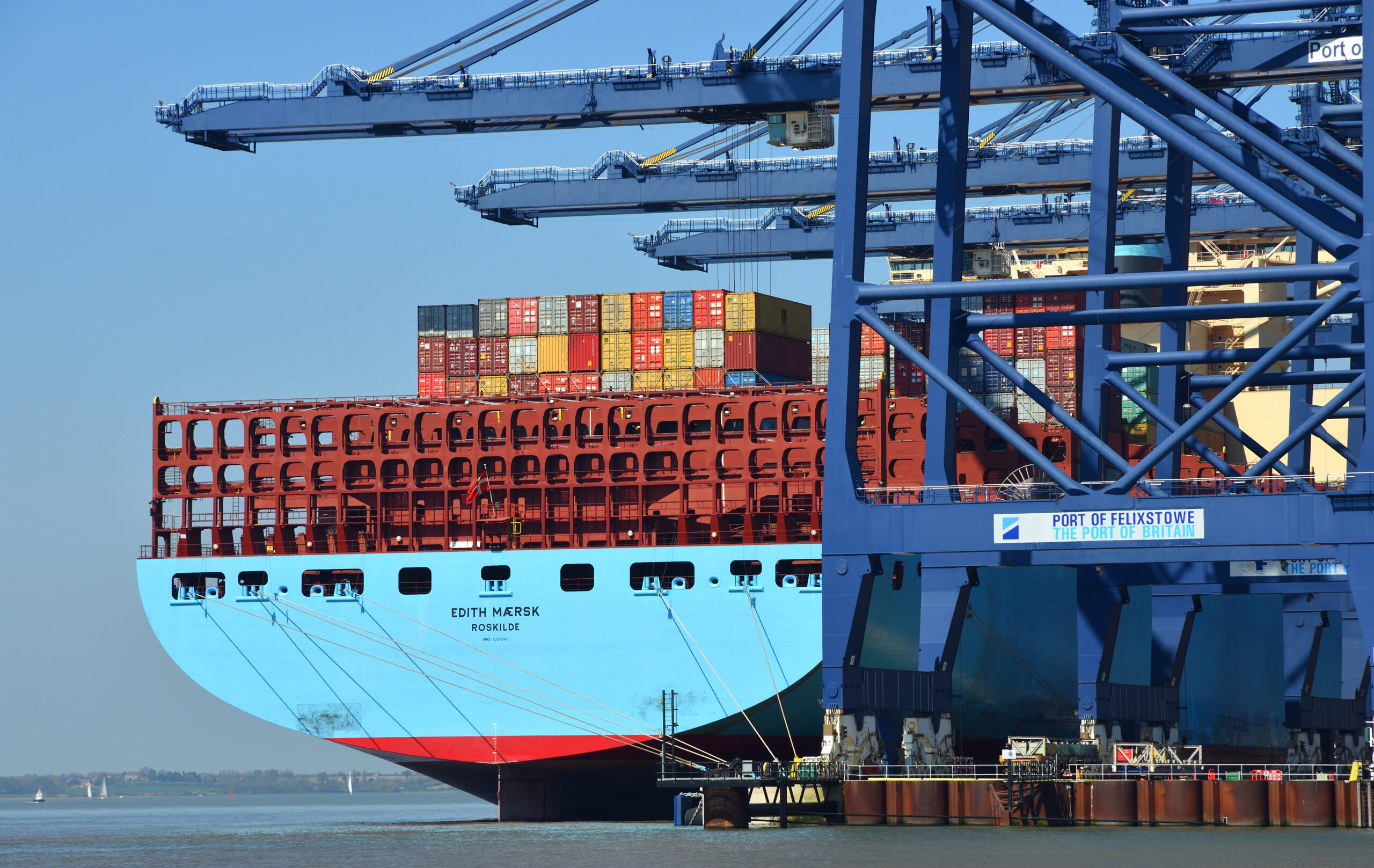According to Lloyd’s Register’s (LR) updated 2025 Engine Retrofit Report, LNG engine retrofits have experienced a significant resurgence as shipowners strive for immediate compliance with tightening emissions regulations. In 2024, LNG retrofits have emerged as the leading alternative fuel conversion strategy, partly due to the scalability and supply chain challenges affecting the production of green fuels, such as e-LNG, green ammonia, and green methanol.
LR acknowledges that regulatory mechanisms are driving an increase in LNG retrofitting. This includes the EU’s FuelEU Maritime programme and Emissions Trading System, as well as the International Maritime Organization’s (IMO) universal carbon levy, set to be voted on at the upcoming Marine Environmental Protection Committee (MEPC 83) meeting in April of this year.
The new regulatory landscape has intensified demand for short-term compliance solutions. This is evidenced by the more than 305 LNG-fuelled vessels that were ordered in 2024, which accounted for 14% of all newbuild orders – a figure that far exceeds the orders for methanol- and ammonia-fuelled ships. This trend has continued into 2025, with DNV’s Alternative Fuels Insight (AFI) platform reporting that 33 out of 34 new alternative-fuel vessel orders in February were for LNG-fuelled container ships.
LNG is an appealing option for shipowners because of its well-established bunkering infrastructure and the benefits of immediate emissions reduction. While there are concerns regarding methane slip and long-term reductions, LNG delivers a 20-25% reduction in CO2 emissions compared with traditional marine fuels.
LR notes that the resurgent popularity of LNG must also be attributed to its role as a transition pathway to mass-balanced bio-LNG and synthetic e-LNG, which will enable further emissions reduction without the need for major vessel modifications.
Despite the growing momentum behind LNG retrofits, the report finds that lead times for retrofitting projects could extend beyond 18 months due to engine manufacturers struggling to keep pace with demand and limitations in shipyard capacity. Global retrofit capacity is estimated at 465 vessels per year, a figure significantly below the over 1000 annual conversions required if peak demand is reached.
The LR report stresses that LNG is a stepping stone on the maritime decarbonisation pathway, rather than a destination. However, limited production capacity, high costs, and deficiencies in bunker infrastructure render the widespread adoption of green ammonia, methanol, and hydrogen unlikely solutions for short-term compliance.
Claudene Sharp-Patel, Global Technical Director at LR, commented on the updated report: ‘LR’s new Engine Retrofit Report demonstrates that while technology and regulations are evolving, decisive action is needed to secure the future fuel landscape. The technology and shipyard capacity to retrofit vessels is improving, but without decisive action to scale up alternative fuel supply chains, shipowners will face increasing compliance costs and operational uncertainty. We need greater clarity and investment to bridge the gap between ambition and action.’



